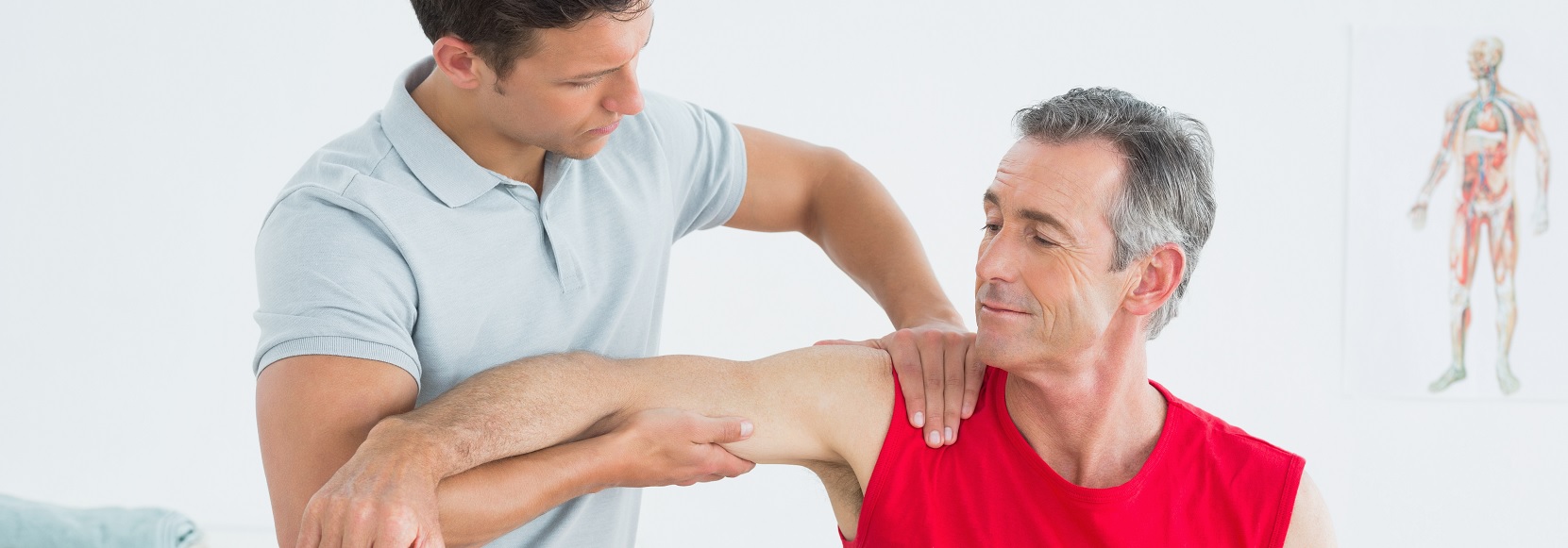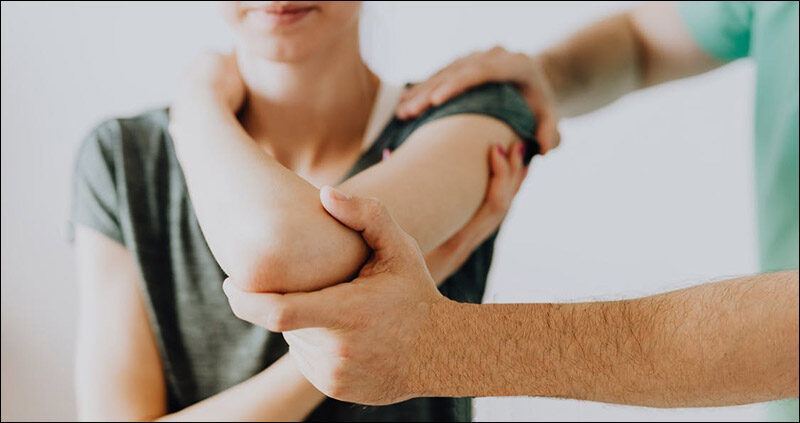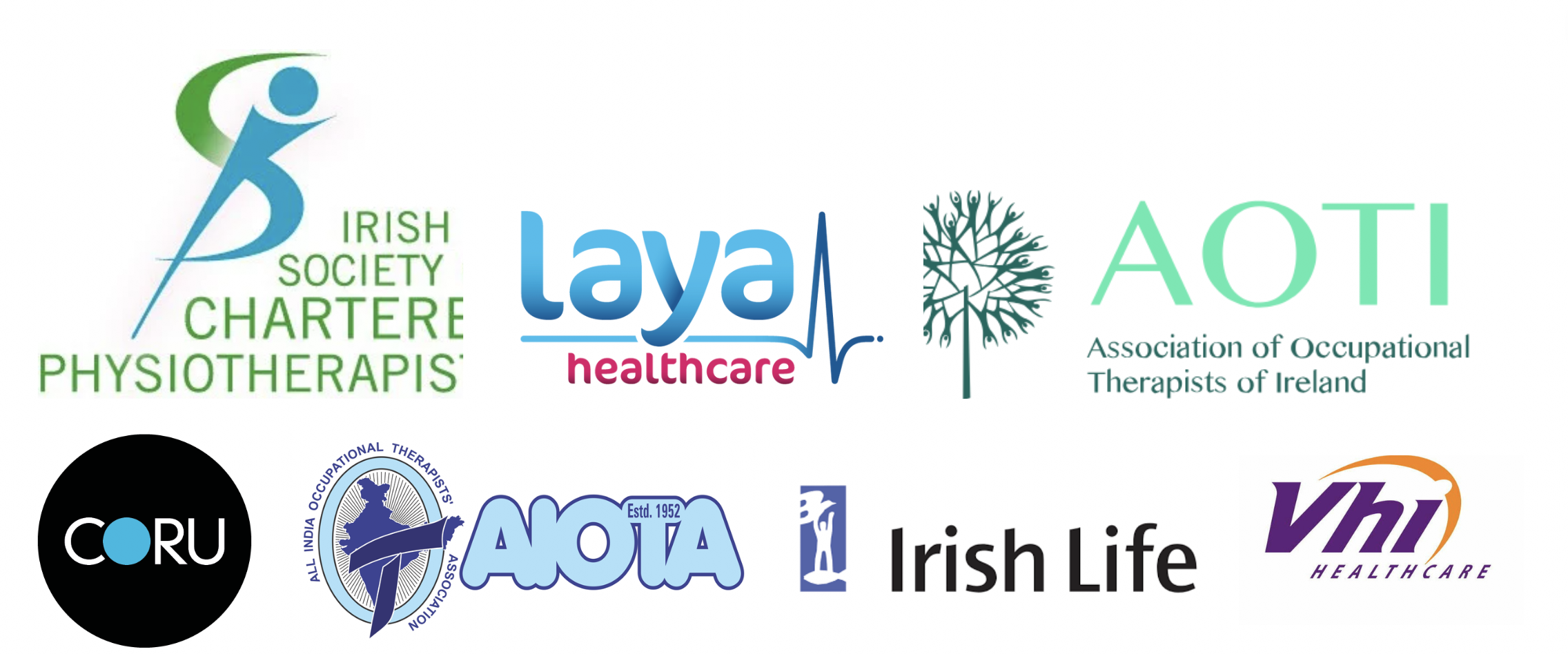

At Spot
Welcome to Pediatric Orthopaedics Physio Clinic
Bones are an integral part of the human musculoskeletal system. Bones, together with the muscles (muscular system) form the musculoskeletal system. The functions of bones are not limited to providing body support only, but also, they facilitate body movement, store essential minerals and fats, protect the internal organs, and haematopoiesis, hence maintaining bone health which is very important.
Musculoskeletal problems can occur in children of all ages. Paediatric physio evaluates and treats all kinds of musculoskeletal disorders advise on appropriate referral to paediatric orthopaedics if required furthur investigation or tests .
Spine care – At SPOT our Paediatric Physiotherapist assess, evaluate and provide non invasive strategies to postural scoliosis to manage through posture correction exs and as required referral to X rays, or furthur input to orthopaedics.
Hip – Different kinds of hip disorders can occur in children such as, Transient or Toxic Synovitis (an inflammatory reaction), Developmental Dysplasia of the Hip (DDH), Juvenile Idiopathic Arthritis (JIA), Legg-Calve-Perthes Disease, Osteomyelitis, Septic Arthritis, Septic Bursitis, Slipped Capital Femoral Epiphysis, and others.
Foot and ankle – As the children grow, they may face various foot and ankle problems, such as flat feet (Achilles Tendonitis) and fallen arches, Plantar Warts (Human Papilloma Virus HPV), pain in the heels mostly occurring in the heel bone, outward or inward-pointing toes, etc.
Shoulder and elbow – Overuse injuries in shoulders and elbows, which can be both acute and chronic, are common in children and adolescents requires Physiotherapy or medical intervention.
Hand and wrist – While playing or doing other activities, many children suffer injuries in the hands and wrists, which often need to be treated by an orthopaedic for children.
Knee – Knee pain is common in children and it can be caused by a disease named Osgood-Schlatter Disease.
